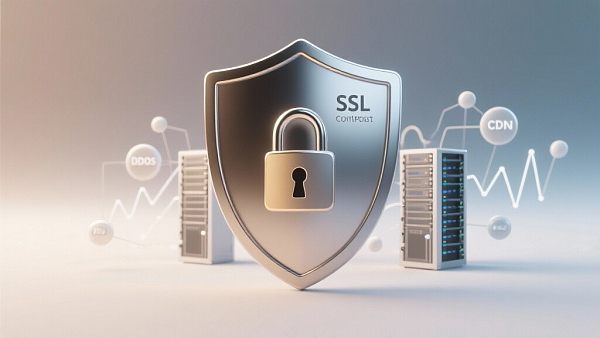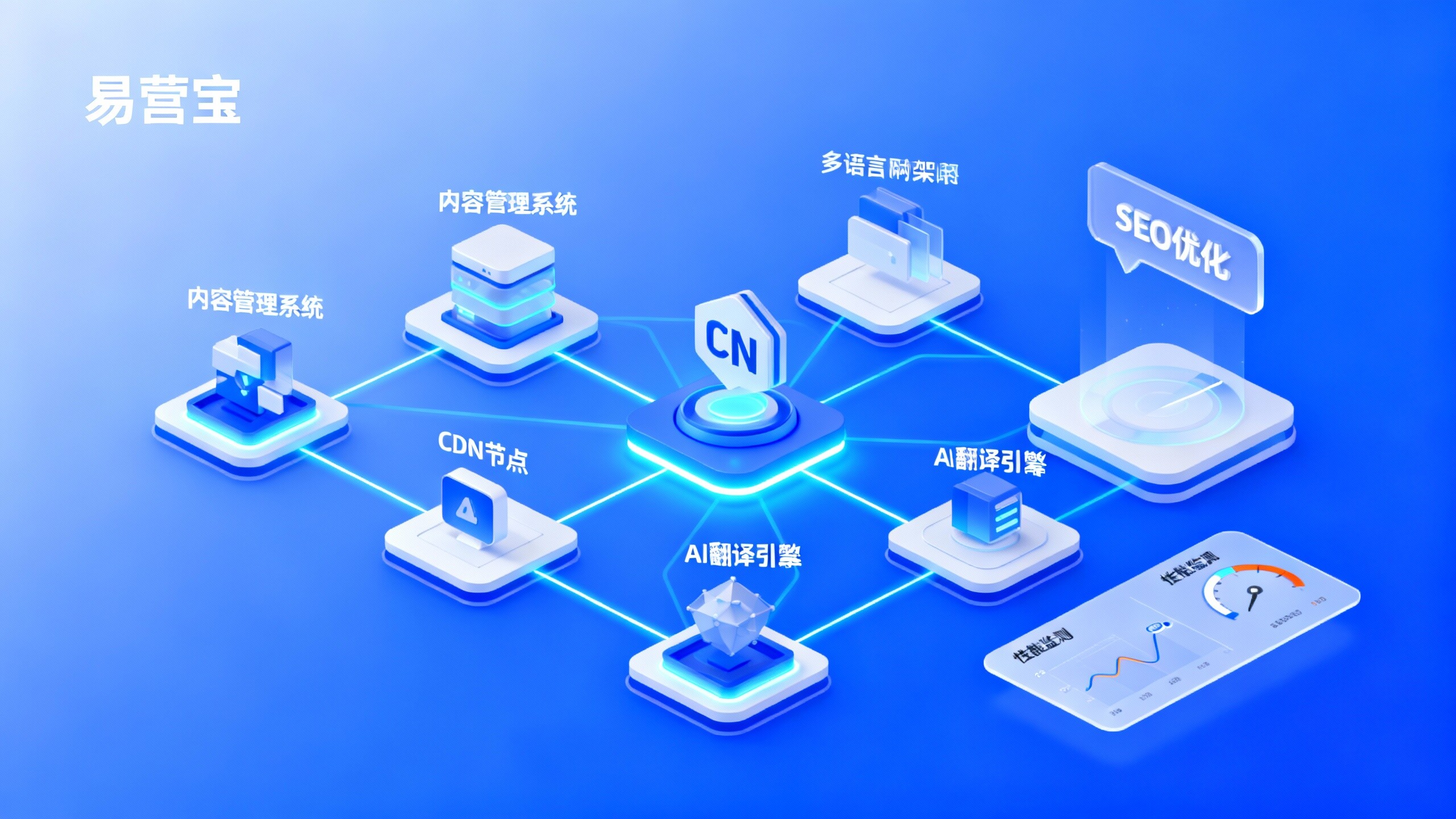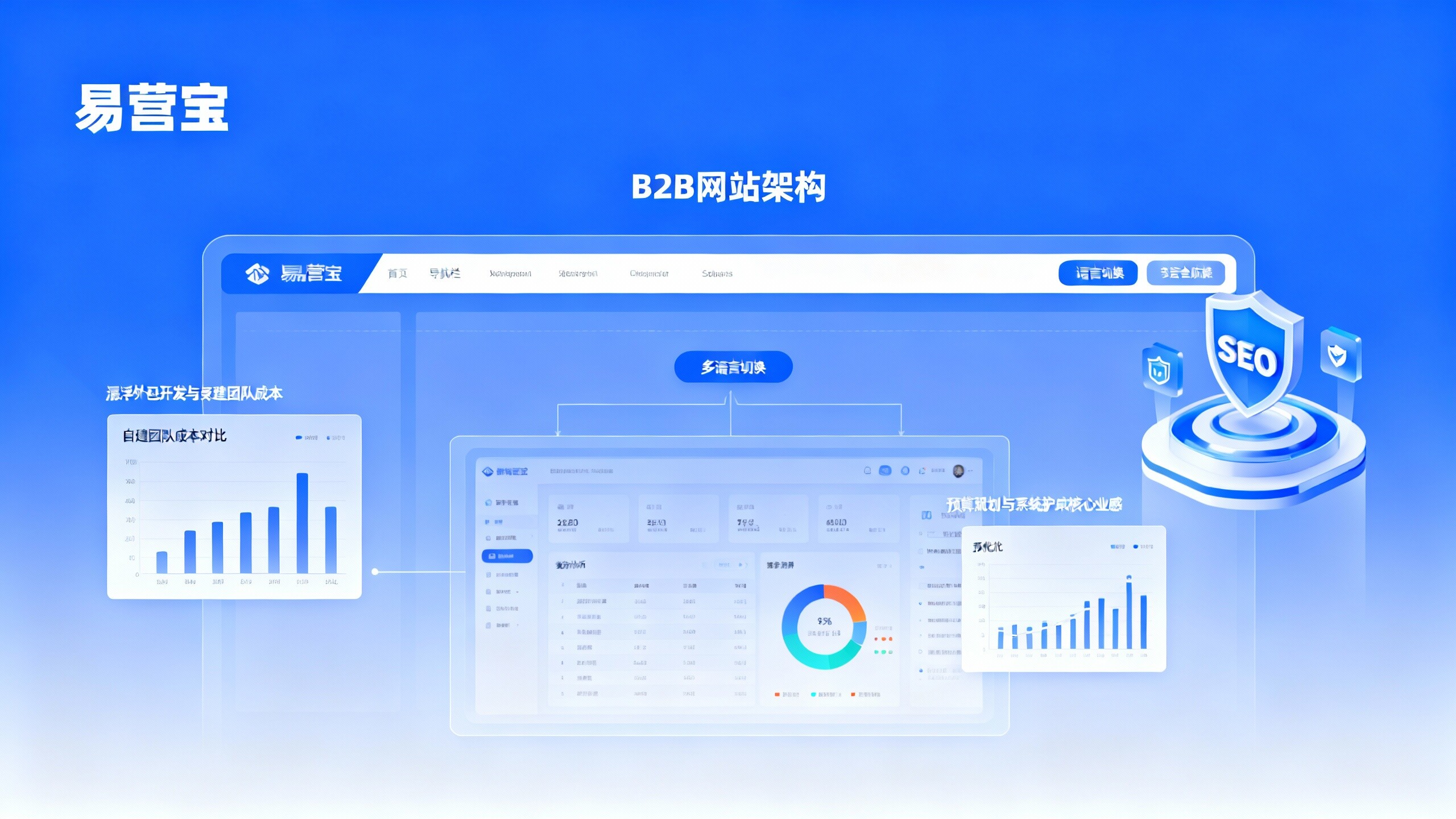Which SSL Certificate is the Safest for Foreign Trade Independent Websites? Expert Analysis
Introduction
Which SSL certificate is the safest for foreign trade independent websites? This article is aimed at researchers and technical evaluators, comparing certificate types, DDoS protection, and global CDN integration to help you build a high-converting independent website. The article covers certificate definitions, application scenarios, synergy with global CDN and DDoS protection for foreign trade independent websites, security configurations, operational best practices, cost considerations, and compliance recommendations, facilitating quick implementation of solutions for researchers, users/operators, and technical evaluators.
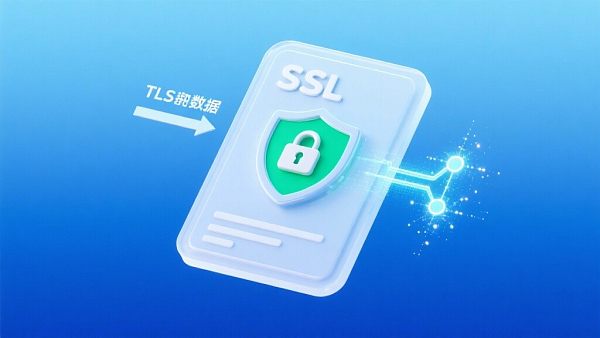
I. Definitions and Core Concepts (What are SSL/TLS certificates and certificate types?)
In the security framework of foreign trade independent websites, SSL/TLS certificates are responsible for establishing encrypted channels between clients and servers, ensuring data confidentiality and integrity during transmission. Common certificate types include Domain Validation (DV), Organization Validation (OV), Extended Validation (EV), Wildcard certificates, and Multi-Domain certificates (SAN). DV certificates are issued quickly and often free (e.g., Let’s Encrypt), suitable for startups or test environments; OV and EV add organizational identity verification, ideal for foreign trade independent websites requiring higher brand trust; Wildcard certificates simplify subdomain management but risk compromising all subdomains if the private key is exposed; Multi-Domain certificates suit multi-regional site management. Beyond certificate types, modern security requires TLS versions (at least TLS 1.2), enforced HTTP Strict Transport Security (HSTS), OCSP Stapling to reduce revocation delays, and RSA 2048-bit or more secure ECC keys. Proper SSL certificate configuration for foreign trade independent websites ensures effective synergy with global CDN acceleration and DDoS protection, enhancing access speed and attack resilience.
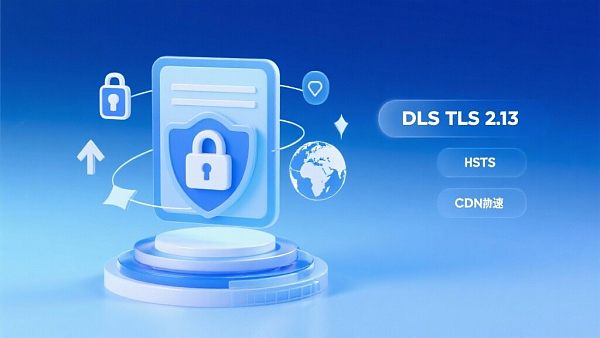
II. Application Scenarios and Comparative Analysis (Which certificates suit which foreign trade independent websites?)
Business scenarios determine certificate choices: Small export e-commerce or informational sites often use DV+Let’s Encrypt for low cost and fast deployment, paired with edge CDN caching to boost global acceleration. For payment processing, sensitive customer data storage, or overseas agent trust-building B2B enterprises, OV or EV certificates enhance brand credibility and compliance, emphasizing certificate auditing and key escrow. Sites with multiple subdomains (e.g., shop.example.com, api.example.com) benefit from Wildcard or SAN certificates to reduce operational complexity but require strict private key management. For high-traffic events like Black Friday promotions, certificates alone are insufficient—combine SSL certificates with DDoS protection, global CDN acceleration, and traffic packages, terminating TLS at edge nodes with rate limiting, WAF, and dynamic protection rules for availability and security.
III. Comparison Table: Key Certificate Dimensions
The table illustrates balancing trust, speed, and management costs when selecting SSL certificates for foreign trade independent websites. For quick validation and cost savings, use DV with auto-renewal; for long-term brand building and payment compliance, invest in OV/EV with regular audits and vulnerability scans.
IV. Technical Performance and Operational Essentials (How to achieve maximum security?)
To maximize SSL certificate security for foreign trade independent websites, ensure rigor in certificate management and transport protocols: First, unify edge TLS termination and automate certificates (ACME protocol) for on-demand deployment and renewal, avoiding business disruptions from expired certificates. Second, enable TLS 1.3, HTTP/2, or QUIC on CDN edges to boost global acceleration, alongside OCSP Stapling, Certificate Transparency (CT) logging, and HSTS preloading. Third, store private keys using Hardware Security Modules (HSM) or cloud KMS to prevent theft. Pair WAF rules, behavioral DDoS detection, and traffic anomaly alerts for measurable, controllable DDoS protection. Operationally, maintain certificate inventories, expiration alerts, and multi-environment validation, with regular penetration tests and external CA trust chain checks. Evaluators should also monitor TLS handshake overhead, certificate chain length’s impact on first-byte time, and global node caching strategies to balance security and high-conversion user experience.
V. Procurement Guide and Cost Considerations (How to choose the optimal solution within budget?)
When procuring SSL certificates for foreign trade independent websites, calculate total cost of ownership (TCO) and risk costs: Annual fees are one factor; operational time, automation tools, and key management are others. For high-concurrency promotions, bundle certificates with global CDN acceleration and DDoS protection to offload origin servers via edge caching and traffic distribution. For short-term traffic spikes, use traffic packages to offset outbound costs during e-commerce peaks, reducing pay-as-you-go risks with 24/7 monitoring and alerts. For limited IT teams, prioritize API-automated certificate services and smart website platforms (e.g., foreign trade independent website builders) with AI keyword expansion and auto-generated TDK to reduce manual work, accelerating deployment and SEO performance.
VI. Common Misconceptions and Compliance Points
Common SSL certificate pitfalls include: 1) “EV certificates are safer”—EV enhances transparency and user trust but doesn’t prevent man-in-the-middle attacks or application-layer vulnerabilities; 2) “Free certificates are unreliable”—Let’s Encrypt DV certificates match paid DV in encryption strength but lack organizational validation and commercial guarantees; 3) “Certificates alone suffice”—they’re just one encryption layer, requiring application security, WAF, DDoS protection, and compliance logging. Compliance-wise, foreign trade independent websites must adhere to regional data laws (e.g., GDPR, Russia, or Middle East localization), avoiding certificate/CDN configurations that violate data sovereignty. Evaluators should verify CA root trust status in major browsers and document certificate lifecycles and audit logs for compliance reviews.
VII. Industry Scenarios and Case Studies (Implementation examples)
Case: A cross-border B2B enterprise needed simultaneous product catalog launches in Europe, the Americas, and Southeast Asia, ensuring payment security and SEO rankings. We built a solution using a foreign trade independent website builder: Global CDN edges terminated TLS with OV certificates, CT logs, HSM key escrow, OCSP Stapling, and HSTS preloading, plus AI ad diagnostics to optimize Google Ads and Meta campaigns. During promotions, prepaid traffic packages and real-time alerts balanced cost and availability, ultimately improving site speed by 40%, SEO scores by 35%, and ad ROI. This case demonstrates the synergy of SSL certificates, global CDN acceleration, DDoS protection, and AI translation engines, validating technology-business dual-drive feasibility.
VIII. Trend Analysis and Future Recommendations
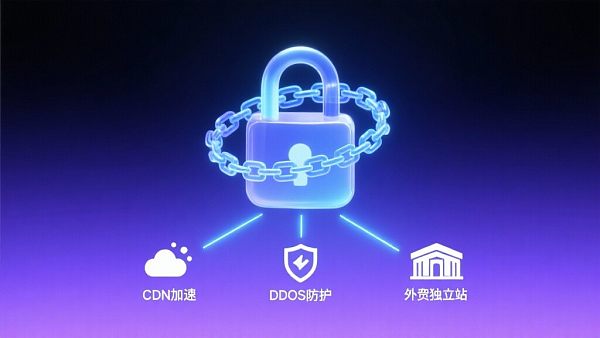
In the next 2–3 years, SSL/TLS will evolve around performance and automation: TLS 1.3 and QUIC-based transport will dominate, reducing handshake latency and improving mobile experience. Automated certificate management (ACME and KMS integration) will become standard security infrastructure. Edge computing and AI will enable finer-grained malicious traffic detection, enhancing DDoS protection efficiency. For long-term global expansion, automate certificate/key lifecycles, adopt multi-CA backup strategies, and establish low-latency certificate synchronization with global CDN providers. AI-driven marketing and ad optimization (e.g., foreign trade independent website AI ad diagnostics and Google Ads tuning) can boost conversions and ad efficiency while maintaining security.
IX. FAQ (For researchers and technical evaluators)
Q1: Should foreign trade independent websites prioritize EV or DV certificates? A: For speed and cost, start with DV and auto-renewal; for brand trust and payment compliance, prefer OV/EV with audit processes. Q2: Can certificates prevent DDoS attacks? A: Certificates secure encryption but require edge protection, traffic scrubbing, and rate limiting. Q3: How to ensure cross-border CDN node certificate consistency? A: Use centralized certificate management, API synchronization, or CA edge integration, deploying transparency monitoring and routing policies to minimize discrepancies. Q4: Any quick solutions for promotional traffic spikes? A: Pre-purchase traffic packages with priority deduction, preset CDN caching rules and traffic thresholds for stability.
X. Conclusion and Call to Action (Why choose us / Contact us)
Conclusion: SSL certificates for foreign trade independent websites aren’t standalone tools—best practices integrate them with global CDN acceleration, DDoS protection, smart site-building, and AI marketing into an automated, observable security-operational system. EasyTrade leverages AI+big data and global CDN/DDoS expertise to provide one-stop technical and operational support, from certificate automation, key escrow to traffic scheduling and ad optimization, helping businesses achieve secure, high-conversion growth. For tailored SSL and edge protection solutions or e-commerce traffic management, contact us for customized evaluations and implementation plans. Why choose us? We’re a market-validated SaaS and global traffic expert with mature capabilities in automated certificate issuance, global CDN synergy, 24/7 monitoring, and AI ad diagnostics, balancing compliance and cost. Act now: Visit our product page or request technical consultation.
- Campbell (name)
- free-standing station
- Intelligent website building system
- Intelligent website building
- AI translation
- AI translation engine
- Google Ads Optimization
- AI Translation Engine for Independent Foreign Trade Websites
- Foreign trade independent website
- SSL certificate
- SEO ranking
- Website traffic
- Platform
- Google Ads
- SEO
- Global CDN Acceleration
- Global CDN Acceleration for Independent Foreign Trade Websites
- AI Advertising Diagnosis for Independent Foreign Trade Websites
- DDoS defense for foreign trade independent website
- Foreign trade independent site SSL certificate
Related Articles
![How much does fast website indexing help SEO? Should general internet service companies invest in acceleration solutions? How much does fast website indexing help SEO? Should general internet service companies invest in acceleration solutions?]() How much does fast website indexing help SEO? Should general internet service companies invest in acceleration solutions?
How much does fast website indexing help SEO? Should general internet service companies invest in acceleration solutions?![What technical support is needed for international website development? How can general internet service enterprises build a multilingual architecture What technical support is needed for international website development? How can general internet service enterprises build a multilingual architecture]() What technical support is needed for international website development? How can general internet service enterprises build a multilingual architecture
What technical support is needed for international website development? How can general internet service enterprises build a multilingual architecture![Are B2B website development costs high? Should general internet service companies outsource development in their budget planning? Are B2B website development costs high? Should general internet service companies outsource development in their budget planning?]() Are B2B website development costs high? Should general internet service companies outsource development in their budget planning?
Are B2B website development costs high? Should general internet service companies outsource development in their budget planning?
Related Products

